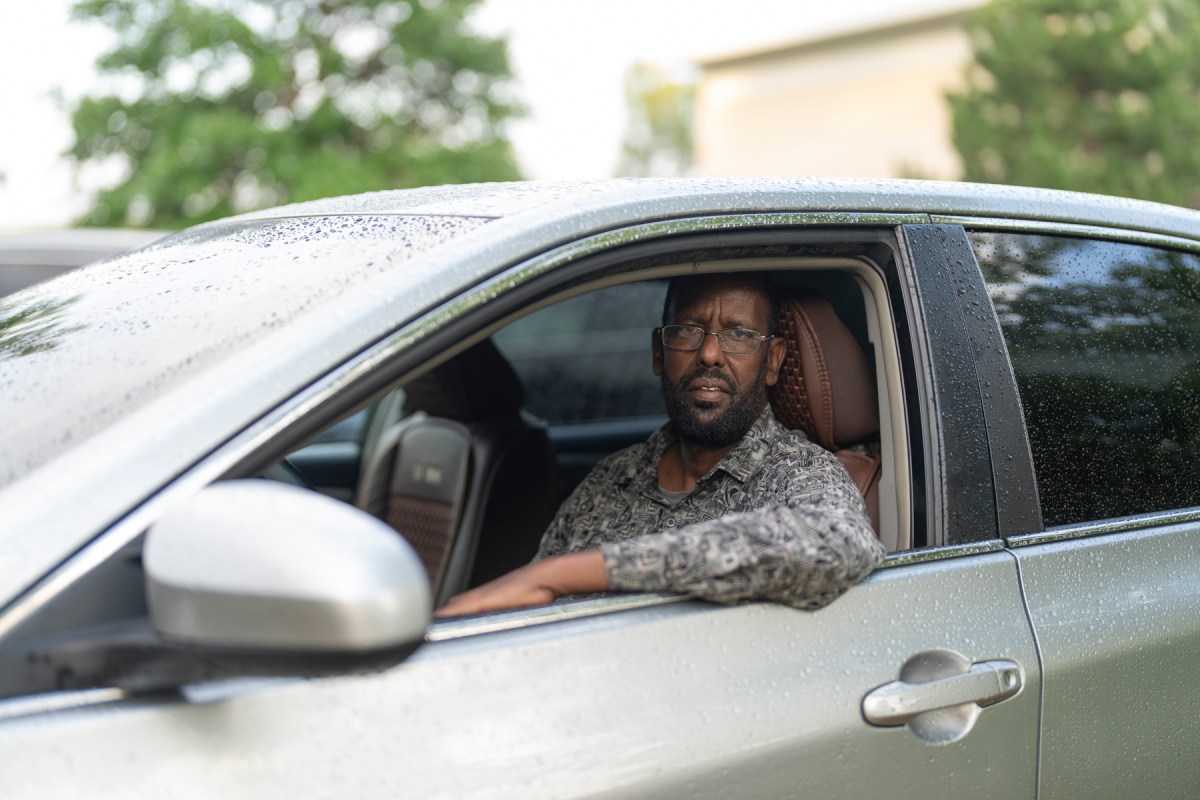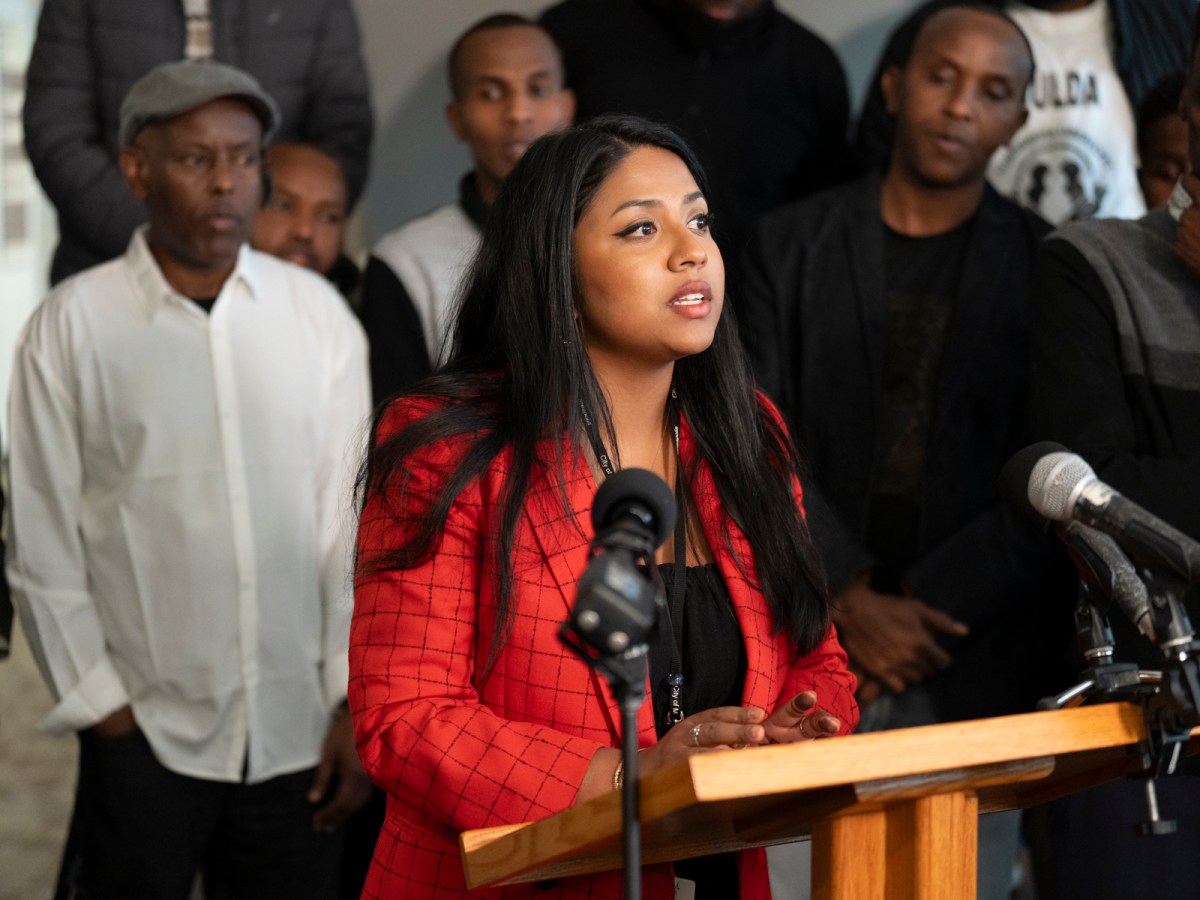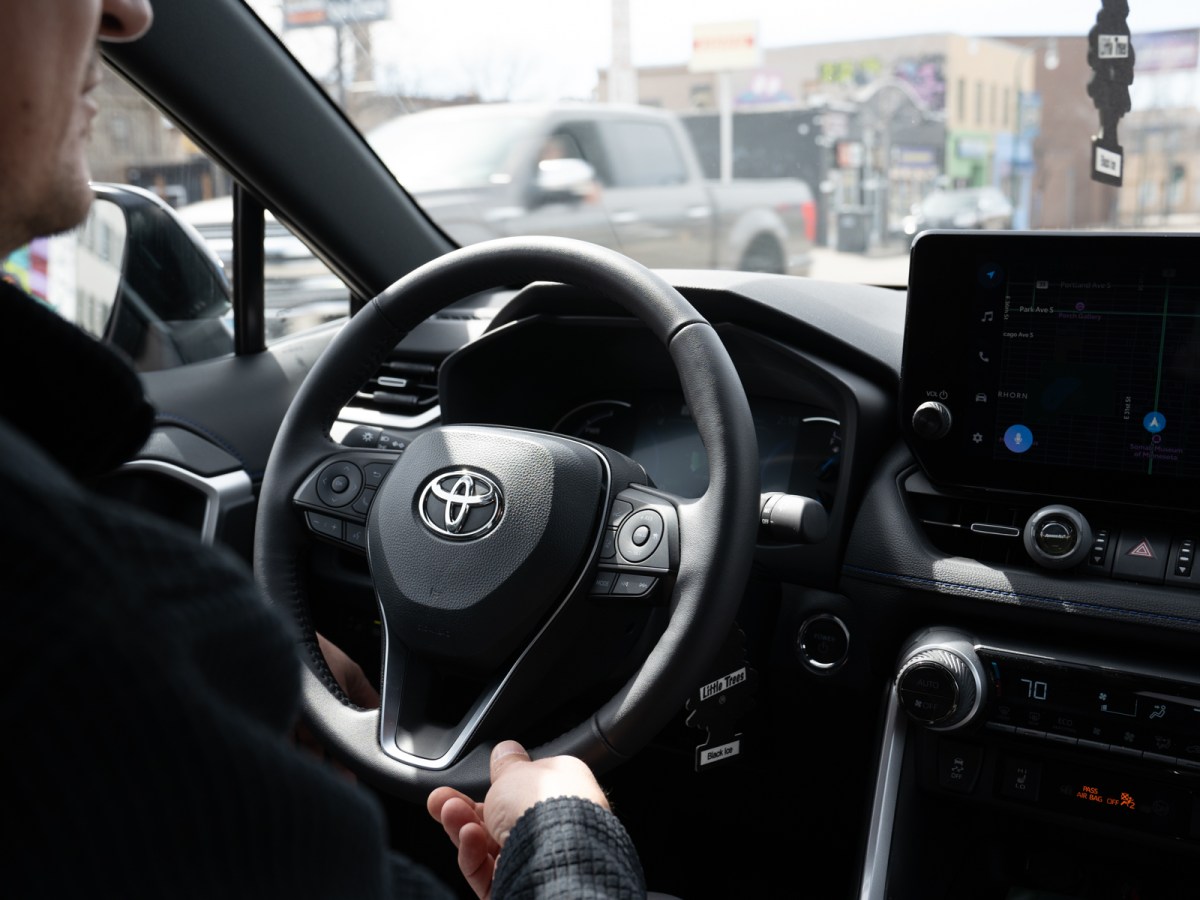Despite mounting opposition from Uber and Lyft, the Minneapolis City Council voted Thursday—for a second time—to approve an ordinance granting rideshare drivers across the city increased wages.
The ordinance, authored by council members Robin Wonsley, Jason Chavez, and Jamal Osman, gives drivers a minimum compensation of $1.40 per mile and $0.51 per minute for the time transporting a rider, or $5, whichever is greater.
“It’s been a long time coming, unfortunately too long,” Wonsley said.
It would also set minimum compensation for drivers transporting a rider in a wheelchair-accessible vehicle at $1.81 per mile and $0.51 per minute, or $5, whichever is greater.
The minimum compensation rates apply only to the portion of the ride that occurs within Minneapolis city limits.
The City Council approved the ordinance on a vote of 9-4, with members Michael Rainville, LeTrisha Vetaw, Emily Koski, and Linea Palmisano voting against the measure. Koski said she may reconsider if a vote becomes necessary to override an expected veto by Mayor Jacob Frey.
Supporters of the ordinance, including two driver groups, celebrated Thursday’s vote.
related sTORIES
Eid Ali, president of the Minnesota Uber/Lyft Drivers Association, embraced his colleagues and thanked council members. He said drivers will focus next on getting a bill passed at the state level.
“I’m so excited I can’t even articulate it at the moment,” Eid said as he thanked Wonsley.
Ahmed Ahmed, an Uber driver, told reporters on Thursday he was happy about the vote but disappointed in Frey’s opposition.
“He’s not thinking about his community, who elected him to represent them. He is not doing something for us,” Ahmed said.
The ordinance now heads to Frey’s desk. He vetoed a similar ordinance in August. The City Council, which had approved that measure 7-5, failed to override his veto.
But since then, an election has moved the council further to the left, and it now appears to have a veto-proof majority. Of those who voted against the ordinance in August, only Vetaw, Rainville, Koski, and Palmisano remain on the council.
Nine council votes would be needed to overcome a Frey veto.
The mayor recently said he supports drivers getting paid “double” what they make now, but not at a rate that would see the rideshare companies leave the city. According to him, the ordinance approved Thursday would more than double driver pay.
In an Instagram video posted on Tuesday, Frey said the departures of Uber and Lyft would leave drivers without jobs and riders without service.
“There’s a lot of reasons to increase the pay for drivers and there’s a lot of reasons to keep this important service here in our city,” Frey said in the video. “Importantly, we can do both of those things.”
Wonsley said Thursday’s result was a long time coming as she celebrated with drivers and supporters.
“I feel confident that the council will stand with workers regardless of what the mayor does,” she said.
Three amendments were made to the ordinance Thursday, including a date-of-implementation change and driver wage evaluations six and 12 months after the ordinance went into effect.
Thursday’s vote was almost derailed after Koski made a last-minute motion to delay the vote by two weeks because she had been told that a study commissioned by the state regarding rideshare driver compensation would be released soon.
After Thursday’s vote, Frey said in a prepared statement that he was disappointed by the council’s vote.
“The statewide report is literally going to be released tomorrow. It’s irresponsible to pass policy today when we’ll have the data tomorrow,” Frey said.
Rideshare companies threatening to leave town
Thursday’s approval came on the heels of the latest Uber and Lyft threats to cease or limit operations in the city if the ordinance passed.
CJ Macklin, a senior manager of policy communications for Lyft, said more than 300 Minneapolis rideshare drivers signed a petition urging council members to vote against the proposed ordinance.
“We implore Mayor Frey to veto this legislation and instead join our efforts to pass a statewide minimum earnings standard that can balance the needs of all,” Lyft said in a statement.
Lyft had initially given its exit date as April 1, but changed that after Council Member Katie Cashman motioned to amend the effective date of the ordinance from April 1 to May 1.
Wonsley said during Thursday’s meeting that she wasn’t concerned about Uber and Lyft threats and saw them as an “intimidation” tactic.
An Uber spokesperson has said the company opposed the Minneapolis ordinance but looks forward to working with the Legislature on getting a bill passed this year at the state level focused on driver compensation and rights. Last year, such a bill passed by both the Minnesota House and the Senate was vetoed by Governor Tim Walz.
“We’ve been clear with anyone who has asked that the ordinance, whenever effective, forces us to stop operating a transportation network company in Minneapolis and the neighboring communities,” said Josh Gold, Uber spokesperson.
After Walz’s veto, the issue was forwarded to a state task force, which after six months of meetings reached a consensus on pay transparency, protections for drivers facing deactivation of their accounts, and a minimum compensation of $5 per ride.
But the task force couldn’t agree on a key topic—drivers’ wages.






